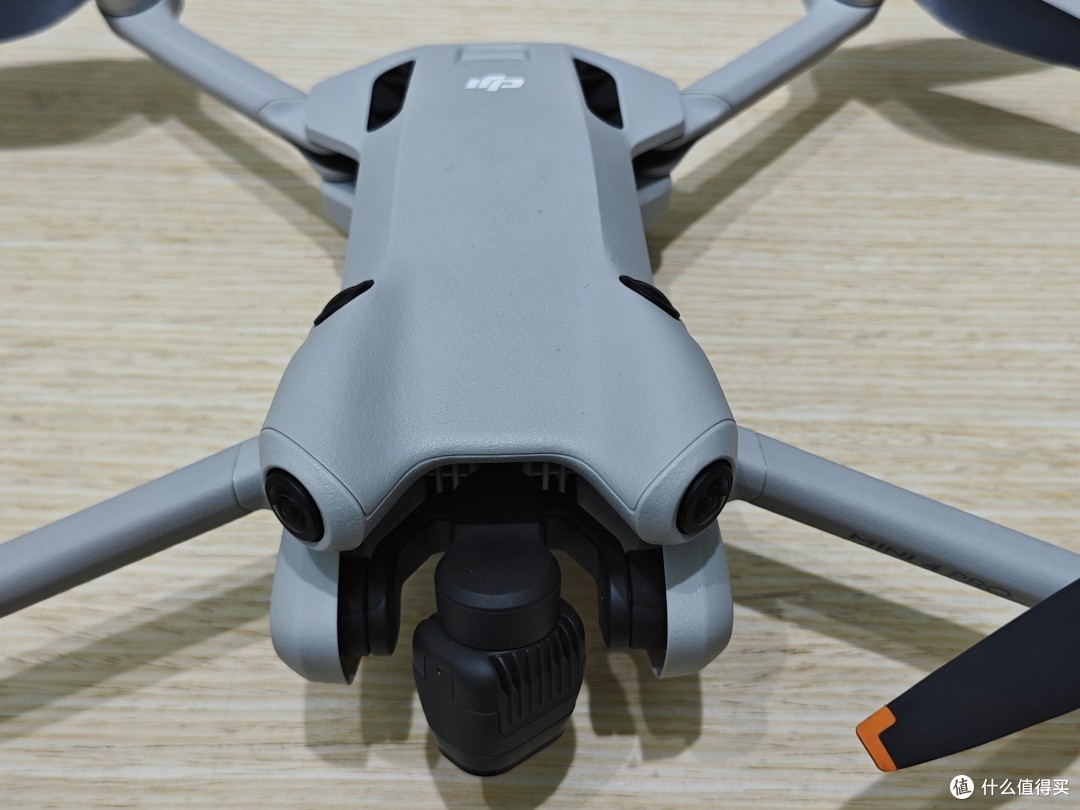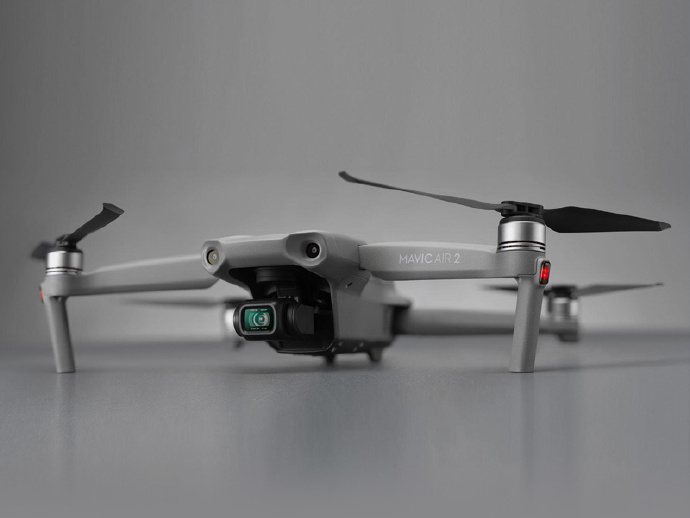Amid escalating tensions and geopolitical unrest, reports have emerged that Russia’s offensive tactics have included the deployment of unmanned aerial vehicles into Ukraine’s airspace. On a fateful Saturday night, Russia unleashed a total of 267 drones, marking a significant increase in their operational maneuvers across the region. The utilization of drones in modern warfare is not only a testament to technological advancement but also raises serious concerns about national security, and their implications have reverberated worldwide.
Russia’s Drone Strategy in Ukraine
Russia’s approach to utilizing drones focuses on intelligence gathering and tactical advantages on the battlefield. Drones serve a dual purpose, providing real-time reconnaissance and striking capabilities, which the Russian military has leveraged to its benefit. This concentrated effort highlights the evolving landscape of warfare, where unmanned systems are rapidly becoming a centerpiece of military strategy. As drones entered Ukraine in considerable numbers, it not only showcased a shift in offensive tactics but also signaled a new chapter in Russia’s military operations.
Impacts on Ukrainian Sovereignty


The incursion of drones into Ukrainian territory represents a direct threat to the country’s sovereignty and security. With 267 drones penetrating the border, Ukraine faces unprecedented challenges in managing and countering these aerial threats. The implications are vast, impacting both military and civilian sectors. For Ukraine, this requires an enhancement of their air defense capabilities, continuous vigilance, and possible strategic shifts to counteract the persistent drone threats and ensure the protection of their airspace.
Moreover, the situation has stimulated debates in global forums about the ethical implications and legal ramifications of deploying drones in warfare. These unmanned vehicles, while providing strategic advantages, come with a slew of concerns related to civilian safety, international law, and the potential for uncontrolled escalation of conflicts.
International Reactions and Diplomatic Concerns
The international community has expressed deep concerns over Russia’s drone incursions. Countries worldwide are apprehensive about the precedent this sets and the future implications for global security dynamics. Russia’s actions have prompted diplomatic dialogues aimed at curbing the proliferation of military drones and addressing the underlying tensions in Eastern Europe, with a collective call for restraint and diplomatic resolution.
Understanding the Broader Implications
Beyond immediate military strategies, the use of drones has broader implications for the fields of surveillance, international diplomacy, and technological development. As nations grapple with these modern challenges, the importance of establishing international norms and agreements concerning drone usage becomes ever more critical.
With technological advancements and increased accessibility to drone technologies, both states and non-state actors are exploring ways to employ them for various purposes beyond warfare. This trajectory suggests a future where unmanned aerial systems play a significant role across sectors.